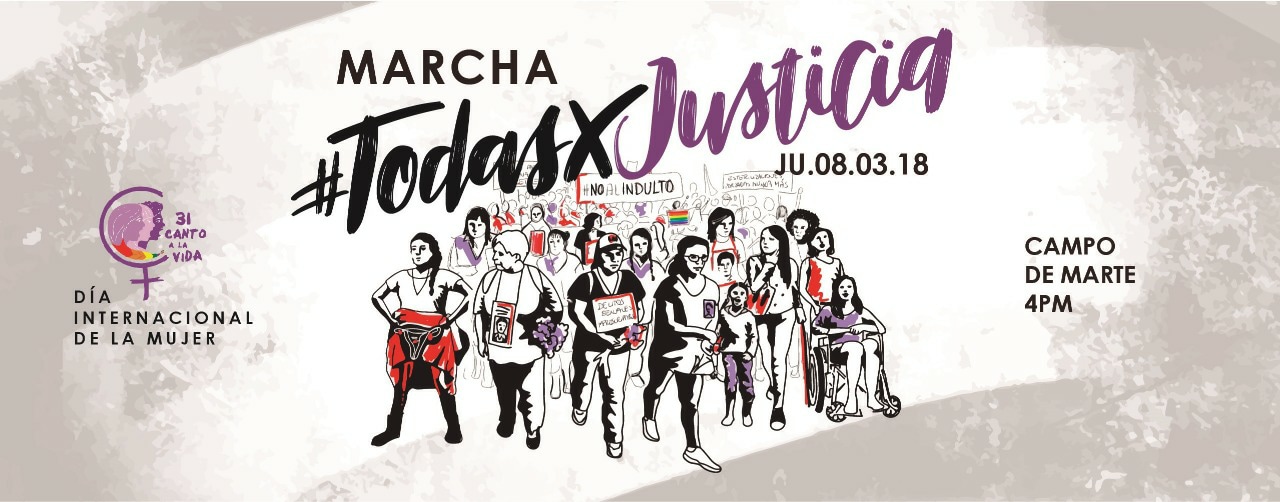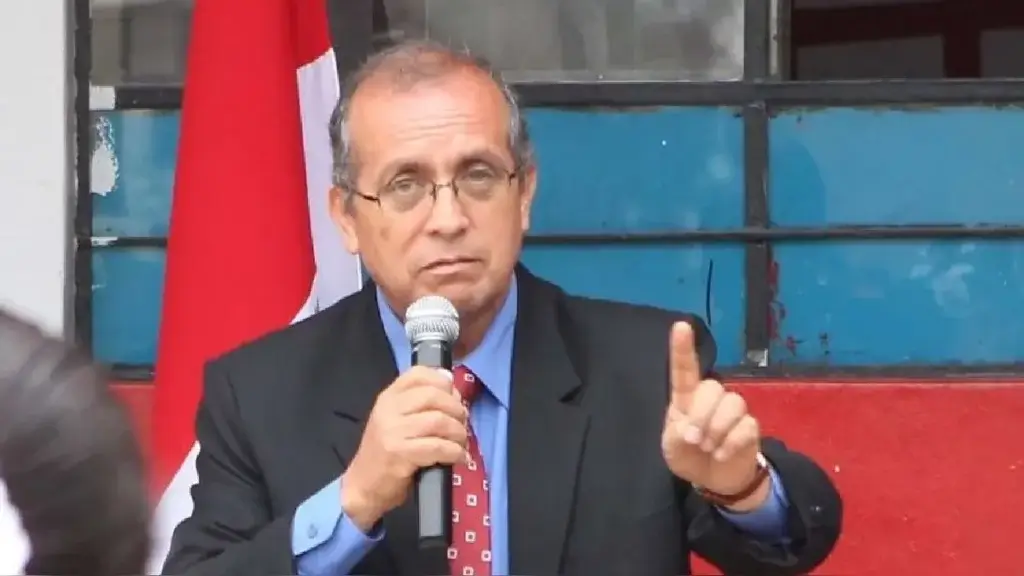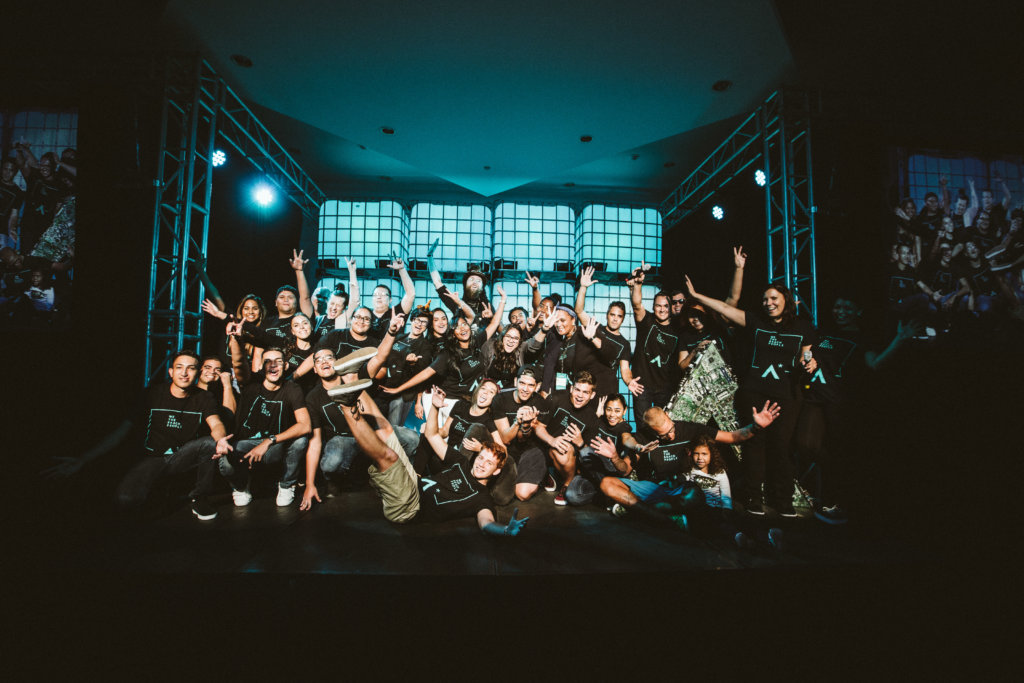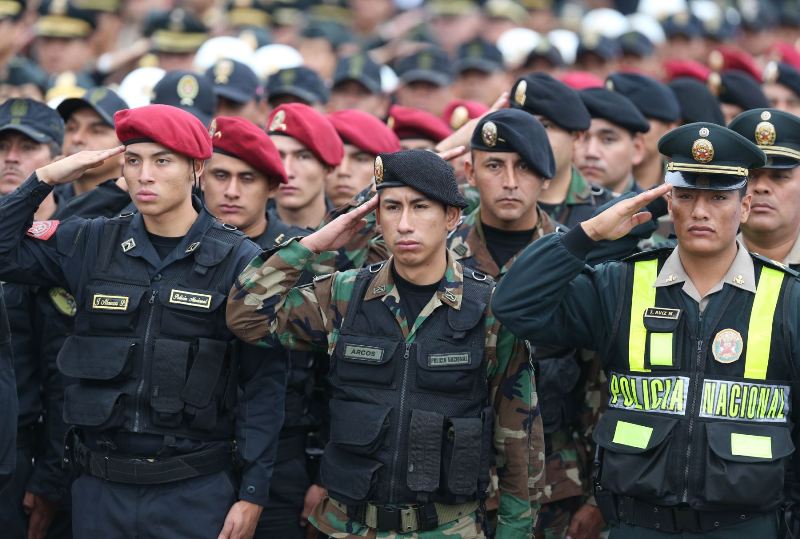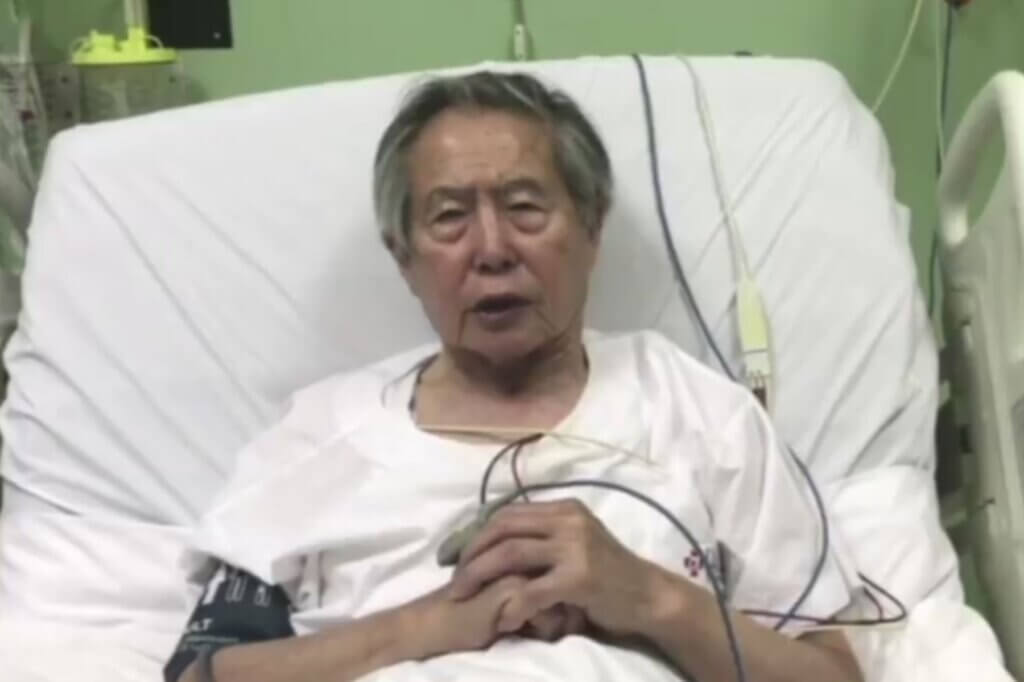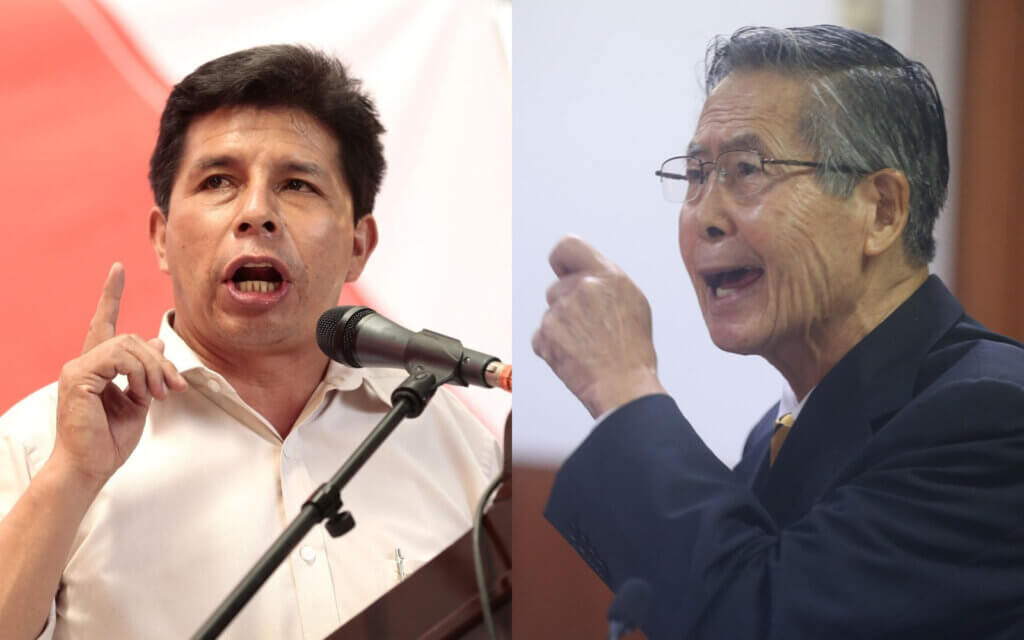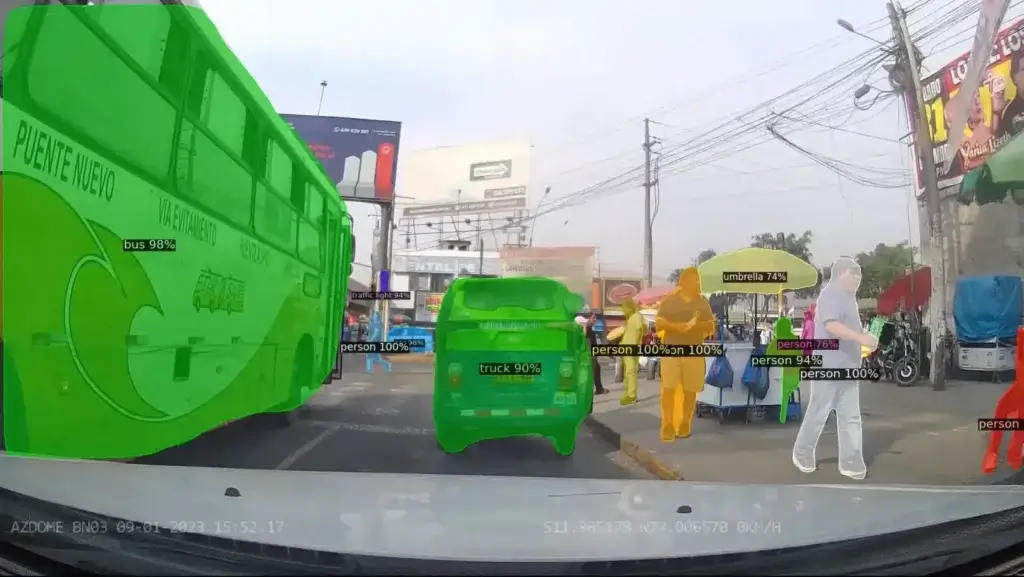International Women’s Day is today and, although women’s rights have made huge strides in the last century, women are still facing gender discrimination in Peru in 2018. Many organisations in the country, and beyond, are celebrating this day by highlighting the issues that are still prevalent in today’s society.
Girl Rising, a 2013 film, has just released its fifth-anniversary edition in time for Women’s Day and tells the story of nine girls from developing countries on their journey to education. The Peruvian chapter follows Senna, a 14-year-old girl from La Rinconada, a gold mining town known for being the highest permanent settlement in the world at 5,100 meters. Amid a bleak world of freezing rock, her father insists that she go to school and the film narrates how education positively affects her.
According to UK-based charity Project Peru, 33.7 percent of women are illiterate in rural areas, in comparison to 10.9 percent of men. Indigenous women have much more limited access to basic education. Peru is the most prosperous of the nine countries covered in this film, but shows the disparity between the more developed urban areas, and the isolated rural communities within the country. The fifth anniversary of Girl Rising has bonus material and updates on the girls in the film, and can be streamed or downloaded from the movie’s website.
CARE, a partner of Girl Rising, believes that the real challenge is not only to educate women and give them employment opportunities, but also to work within communities to change attitudes towards women, in general, in order to create an enduring culture of respect. This is patently needed in Peru, as El Comercio wrote, where if a women wearing a miniskirt was assaulted then the majority of people polled from Lima thought that she was to blame.
Women are also more likely to dropout of school because of their role as caregivers, either within the community or to younger siblings, or even for their own children. Peruvian law, strongly influenced by their Catholic roots, only allows abortions if the life of the mother is at risk, but not if the pregnancy is due to rape. However this doesn’t mean that abortions aren’t happening. In Lima, clandestine abortions are advertised in newspapers, posters in public places, and the internet, with prices reaching as high as $210. In a study by Merino Garcia in 2015, abortions carried out by non-professionals led to complications in 72 percent of cases.
It’s clear that women hold a lower place in the rungs of Peruvian society, and the #NiUnaMenos (#NotOneLess) movement was founded in Peru in July 2016 against femicides and violence against women. Between 2009 and 2015, there were over 700 femicides, says a report by World Report.
In August 2016, they staged a march which has been called the largest in the history of Peru, with the file of demonstrators extending 30 blocks long. According to The National Institute of Statistics (INEI), at least 32.3 percent of women have experienced violence from a partner or husband, but this doesn’t take into account those women who are afraid of speaking out.
The Center for Peruvian Women Flora Tristán feminist institution notes that, of the men convicted for femicide or violence towards women, 76.7 percent receive shorter prison terms than the legal requirement.
“These figures show that the justice system that exists has serious weaknesses,” the center reports.
A key spokesperson for injustice against women is Arlette Contreras, a Peruvian lawyer, who became household news in 2015 when she was brutally attacked in a hotel by her boyfriend. The security cameras recorded the assault and captured Contreras being dragged on the floor by her hair. When the images were released, there was widespread outrage. The boyfriend, Adriano Pozo, was sentenced for causing ‘slight injuries’ and given a suspended prison sentence without ever entering prison.
The brazen unfairness of this verdict was the catalyst for the famed 2016 #NiUnaMenos march. Contreras appealed the verdict, which was successfully repealed. In 2017, a new trial for Pozo started, for the crimes of attempted rape and femicide. However, two weeks ago, the court absolved him of all crimes and Pozo walked free. Sophie Blais, who lives in Lima and works for an international nonprofit group, affirmed that there were many more cases like this.
“Lots of violence is being recorded and nothing is being done about it,” she told Peru Reports.
Lima is holding its annual Women’s Day celebration with a march today at 4 p.m. Peruvian time. The procession will be starting at Campo de Marte.
The slogan for this year’s march is “Todas por Justicia,” or, “All Women for Justice,” as a nod to Contreras and the other women and girls to whom justice has not been served.
The capital is also celebrating International Women’s Day with a host of free events in the city, including a film festival, a walking literature tour of female authors, and, tellingly, self defence classes.
More information can be found on the events on the Diario Correo website.


